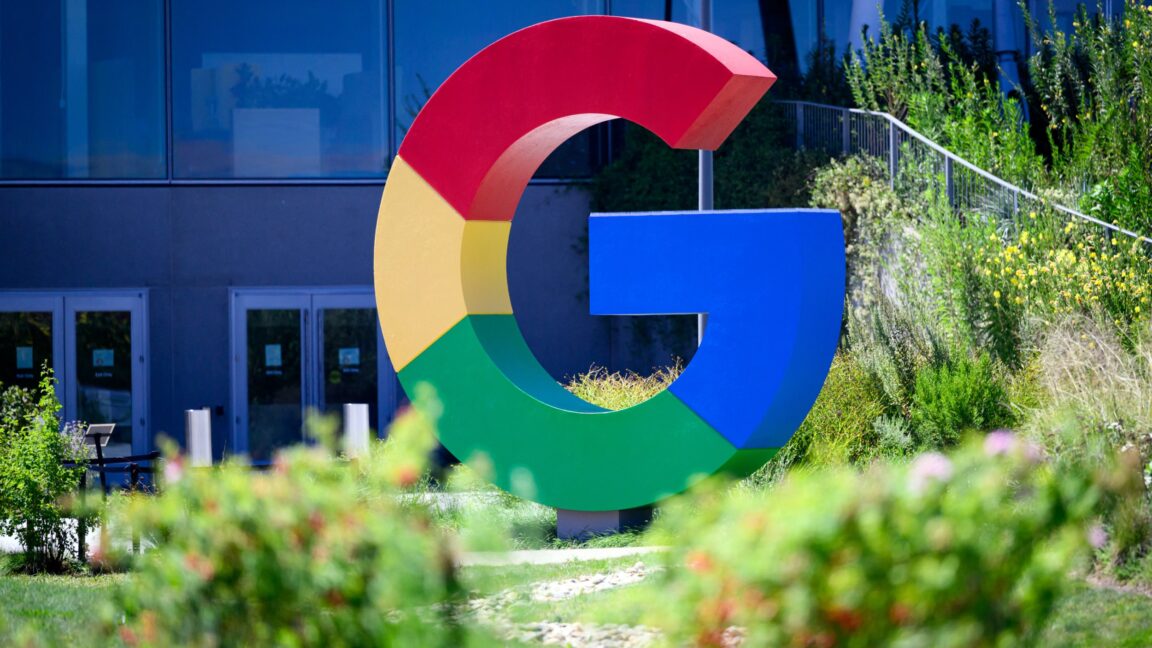Trump’s claims of a Coca-Cola agreement quickly go flat as nutritionists groan

The cloying praise for the still-unconfirmed switch that Coca-Cola has, in fact, not announced was doused with some cold reality from Coca-Cola. While continuing not to confirm the agreement, the soda maker seemed to respond to the “artificial” bit in Fox’s post, saying that HFCS is “just a sweetener made from corn. It’s safe; it has about the same number of calories per serving as table sugar and is metabolized in a similar way by your body.”
The beverage maker also said that the American Medical Association “confirmed that HFCS is no more likely to contribute to obesity than table sugar or other full-calorie sweeteners.”
A 2008 report from the AMA concluded that “Because the composition of HFCS and sucrose are so similar, particularly on absorption by the body, it appears unlikely that HFCS contributes more to obesity or other conditions than sucrose.” Though the medical association noted a lack of research directly comparing the sweeteners.
While political critics suggest that the fizzy Coke fuss is just a distraction from the president’s ongoing Epstein file scandal, health experts are shaking their heads.
Nutrition expert Marion Nestle, professor emeritus at New York University, told Stat News that the push for cane sugar, just like the push to remove artificial dyes from processed foods, was “nutritionally hilarious.” Whether Coke is sweetened with cane sugar or HFCS, it still contains the equivalent of about 10 teaspoons of sugar per 12-ounce can and poses risks for conditions such as Type 2 diabetes and cardiovascular disease. “It’s the kind of thing that makes nutritionists roll their eyes, because it doesn’t make any difference,” Nestle said.
Source link







